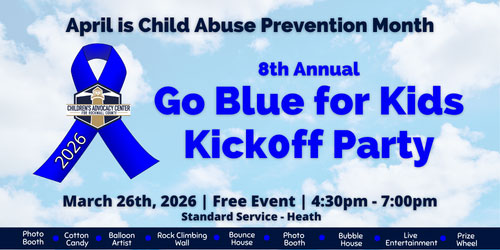Rockwall, TX (October 24, 2023) – If I asked you to tell me how many green cars you saw today, what would you say?
Most likely you would think for a moment, then shrug your shoulders saying, “I have no idea!” That is because until reading this article, you didn’t know I wanted you to be looking for green cars. Now, if I told you that I would pay you twenty-five dollars for every green car you see between now and the time you read an article from me, do you think you would be looking for green cars? Of course, you would! That would be a cash haul, for certain!
When we have hard, difficult, frustrating incidents or issues, it is so very easy to begin to see the world through a monocle. You will know that has happened when you find yourself speaking with infinitive words: “He never does that, or she always does this,” or “You’re just like your mother”…everything is always or never or just like something else. It’s the simple weapon of infinitives our human brains grab to use in our defense against someone. They provide the fodder for justifying our upset hearts and minds, and too often actions. When we do this, it’s easy (a.k.a. convenient) to see what we have told ourselves never, or always, happens. Case in point: If I say that my husband never puts his dirty clothes in the hamper, then I will reinforce that idea when I might see his clothes on the bed or the floor just a couple times a week. I have not done the data mining to see if he put his clothes up any other times that week because that doesn’t fit the story I have told my defensive, perturbed self.
So this is what we do: Start by saying what we need most in our situation and then we green-car-theory right into our reality. If it means a lot to me to have that dirty laundry put in the right place, then I can start to look for the laundry that has been put into the hamper or washing machine instead of only seeing the instances that it is not put up properly. This positive reframing helps me look for the green cars in my life and moves my emotions and brain away from the previously designed, and well-oiled, emotionally-based framework. It also helps me change my criticism and my bitterness (a.k.a. the product of long-term annoyance, frustration and fatigue) into something that is now based in reality and can act as a catalyst for change.
The green car theory has been around for years. People have used it in many ways to help remind us of how we can be a part of our changed lives. The problem is that our sneaky emotionally-focused brains like to derail us. Find a way to remind yourself to look for the green cars around you. Start by thinking through what you need: peace, support, affirmation, affection… and then reframe your reality to see where you might already be blessed with what you need. The real truth is that nothing is always bad all the time. That mindset leads to disillusionment and maladaptive thinking. Start with looking for the actualities (green cars) in your day and see how blessed you might already be. Yes, we can always try for better, but let’s start with what you might be overlooking first.
 Guest column by Erin Kincaid, Founder and Clinical Director of Rockwall Heath Counseling. She holds a host of degrees in Psychology, Christian Counseling, Anthropology and is working toward her PhD in Clinical Counseling.
Guest column by Erin Kincaid, Founder and Clinical Director of Rockwall Heath Counseling. She holds a host of degrees in Psychology, Christian Counseling, Anthropology and is working toward her PhD in Clinical Counseling.
Erin lives in Rockwall with her husband and son. Look for more of her guest columns here.






